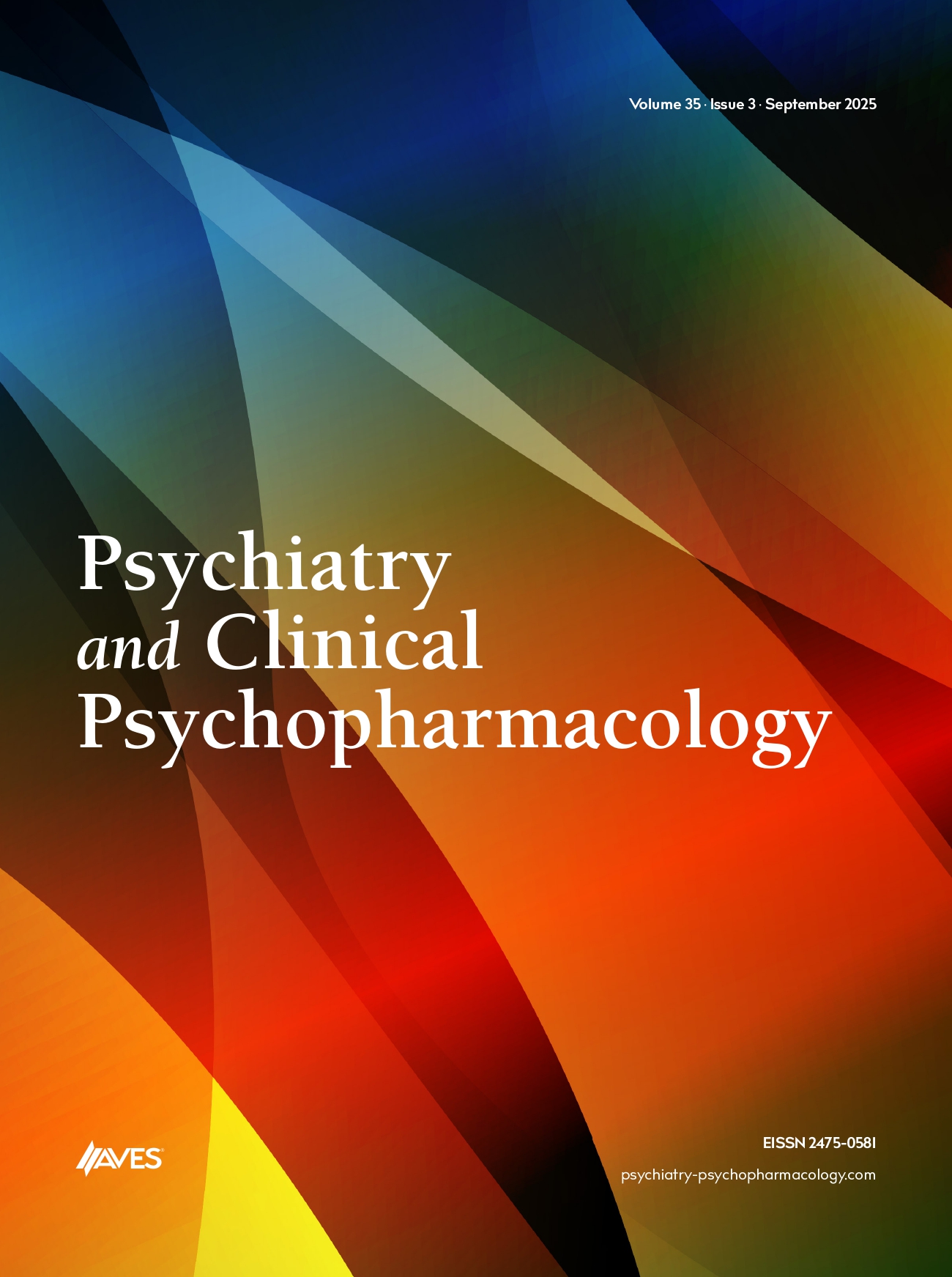Stuttering is a condition characterized by prolongations and involuntary repetitions of sounds, phrases or words and silent periods that disrupts şow of speech. The prevalence of this condition is about 1% of general population. Stuttering can be idiopathic or acquired. Drug induced speech problems are one of the secondary etiological factors in development of stuttering. Psychotropic drugs, such as SSRIs, TCAs and some of antipsychotics like clozapine, risperidone, aripiprazole and haloperidol have been reported to be responsible for acquired stuttering. Conversely some psychotropic medications like haloperidol, şuoxetine, olanzapine and risperidone are involved in treatment of this clinical condition. The mechanism of action of these medications remains unclear. Although pathophysiology of stuttering is not well understood, several data indicate that it is related to dysfunction of dopaminergic pathways. In this report, we present a case with anxiety disorder who had stuttering developed while taking trişuoperazine, a typical antipsychotic and a member of phenothiazine group. Our case is a 21 years-old male, admitted to outpatient clinic with anxiety symptoms. He had been suffering from unpleasant feelings about something unlikely to happen, difficulty in sleeping, visual pseudohallucinations, uneasiness, paresthesia and non-epileptic psychogenic seizures. His symptoms had been for one year. He had used paroxetine 20 mg/day plus quetiapine 25 mg/day for 5 months and paroxetine 40 mg/day plus mianserin 10 mg/day for 2 months. His complaints were more severe at night. His neurological evaluation with EEG and cranial MRI was performed and no etiological factor was found. His last medication was switched to paroxetine 40 mg/day plus trişuoperazine 1 mg/day due to inadequate response to current medication and to relieve his severe anxiety symptoms. The patient reported stuttering during the first week follow up while some of his anxiety symptoms alleviated mildly with trişuoperazine as well. Due to his speech difficulty trişuoperazine medication was stopped. His stuttering resolved spontaneously after cessation of trişuoperazine. He reported no other motor and sensory complaint during and after treatment. He had no conversion disorder symptoms during trişuoperazine administration as well. Trişuoperazine is a neuroleptic used in treatment of psychotic disorders but thanks to its anxiolytic effect, this agent can be preferred in some forms of anxiety disorders. There are some reports about its efficacy in anxiety disorders. We concluded that although extrapyramidal symptoms are the most prominent adverse effects of typical antipsychotics, and it should be kept in mind that stuttering could be present as a side effect of trişuoperazine.


.png)
.png)